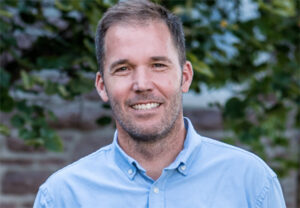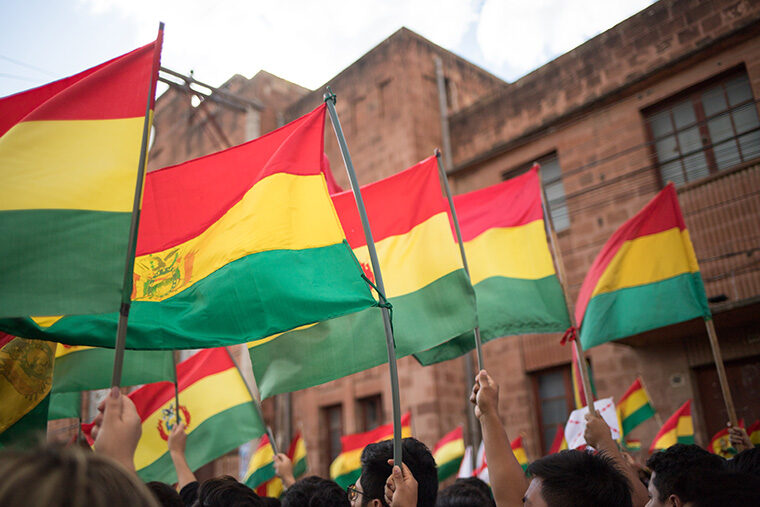Whatever happened in the tangled, court-involved, election mess that if nothing else reaffirmed the popularity of leader Evo Morales in Bolivia, a Washington University in St. Louis faculty member says the country has propped up a new leader in what amounts to a military coup.
“I see these events as a military coup,” said Bret Gustafson, associate professor of sociocultural anthropology in Arts & Sciences. His book, Bolivia in the Age of Gas, is scheduled to be published by Duke University Press in summer 2020. “While the military did not seize power itself, the military forced the resignation of Morales. By any definition, that’s a coup.”

The South American nation was thrown into chaos after a chain of events that all started with Morales getting the Bolivian supreme constitutional court to overturn term limits in 2016. Elections on Oct. 20, wherein the top vote-getter was required to win by a 10% margin, ended in fraud allegations and burned ballots — the Organization of American States found irregularities when auditing votes and couldn’t certify the election, Gustafson said.
“A few days later, in the absence of a quorum in Congress, an opposition senator named Jeanine Añez Chávez declared herself the president,” Gustafson said. “At this time, there are still protests going on, now by the backers of Evo Morales, opposing the new self-declared president. The new president is supposed to call for elections within 90 days.” Añez’s party finished fourth in the elections, with little more than 4% of the votes, he added.
“The question of electoral fraud is still open,” Gustafson said. “Because many of the original ballots were burned, it will be hard to ever know if and how Morales might have been nudged over the 10% threshold through fraud. What is clear, fraud or not, is that he was still the most popular candidate.”
In what sounds similar to life imitating the art of “A Handmaid’s Tale,” the country has taken a turn toward to religious extremism.
“The new government is composed of many figures who are self-declared evangelical Christians,” Gustafson said. “Many are arguing that Morales, who was indigenous, had taken God out of government and that they want to bring God back in. Women’s rights groups, who were not necessarily big supporters of Morales, are concerned that the new regime will roll back progress on gender and sexuality rights. Other social gains made under Morales, including the redistribution of money generated by the natural gas industry, may also be at risk.
“While the government of Evo Morales and his MAS party (which ruled since 2006) had many flaws, he has done more than any other government to use public resources to address poverty.”



